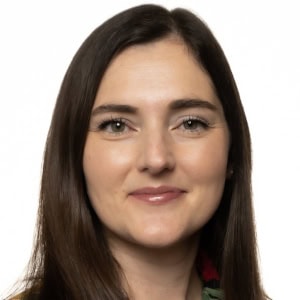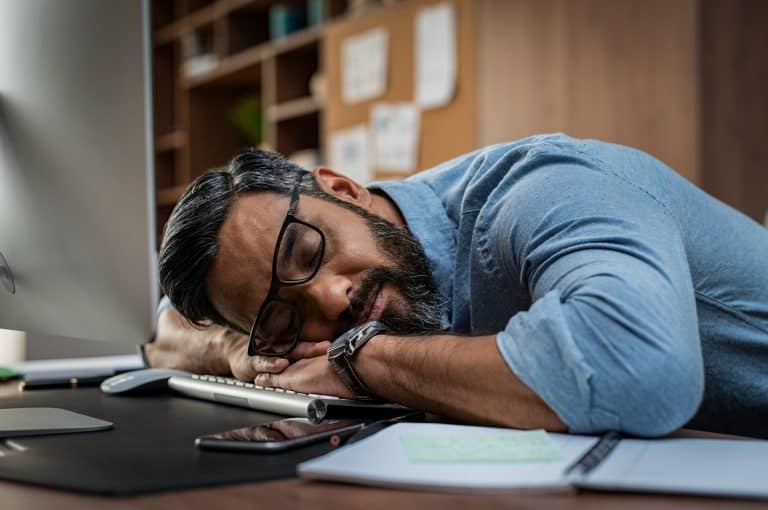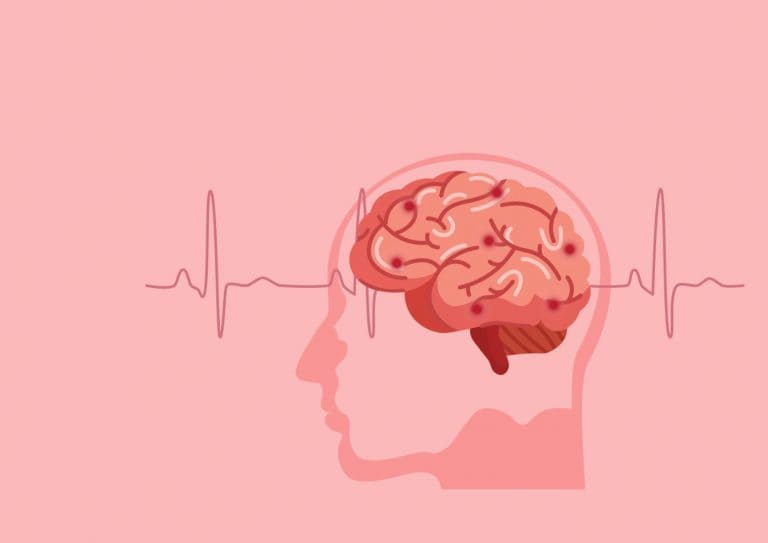
BBK Manifesto: Educate society about the effects of brain injury
When a person sustains a brain injury, particularly in adulthood, attempts to hide the effects of their brain injury are common. The injured person may also lack insight into how their brain injury manifests, affecting their behaviour and interaction with others. More needs to be done to educate the wider public about the often invisible nature of brain injury so society can develop greater understanding and empathy for those affected.
It is essential all service providers who work with brain injured people have a heightened awareness about the effects of brain injury so symptoms are not misunderstood and incorrectly attributed to other factors.
Service providers should be consciously aware of how brain injury can manifest differently in each individual, and the importance of making adjustments for this during interactions.
We consider those working in the police, the prison service, local authorities and education ought to be prioritised in terms of learning about the common effects of brain injury and strategies for supporting people with a brain injury.
There are some existing aids that allow people with a brain injury to make others aware of their condition and the main difficulties they face as a result, in a more discreet manner. Whilst in an ideal world this would not be necessary, these aids can assist people with brain injuries to access empathetic and appropriate support.
As an example, leading brain injury charity Headway offers a Headway Brain Injury Identity Card. Greater publicity of this scheme would encourage awareness of brain injury amongst the wider public, particularly those who are unfamiliar with brain injury and its myriad effects.
Another strategy for people who have a hidden disability (including brain injury) is the Hidden Disabilities sunflower lanyard and ID card, which is a global initiative allowing people with a hidden disability to easily share that they have a condition, and that as a result they may need some additional time or support.
Promoting greater public awareness about the often-invisible nature of brain injury is important.
People who are living with brain injury should feel represented and understood. The Acquired Brain Injury Bill, which is currently at second reading stage in the House of Commons, will help because, if it is written into law, there will be a national strategy to meet the needs of people who have a brain injury that will apply to various public bodies including the NHS, the prison service and local authorities.
Political candidates for the 2024 General Election should be prioritising the progression of this Bill through Parliament (including provision for funding for the measures it would introduce) as it is already significantly delayed.
A great example of a charity raising the bar in terms of brain injury support and education is Headway East London which runs the ‘Better Together’ project at the Royal London Hospital, which Bolt Burdon Kemp is proud to have sponsored since 2022.
The Better Together project provides information and support during all stages of recovery and rehabilitation following a brain injury. The project provides an opportunity for patients to receive bedside guidance and reassurance about the financial, practical and personal issues of navigating life with a brain injury.
Dean Harding, a peer support worker at Headway East London, who himself sustained a severe brain injury, provides invaluable support from his own lived experience. The positive feedback on the Better Together project has been tremendous, and replication of similar services in major trauma units across the country would be of huge value, not only to the injured person, but to their families, friends and the medical teams supporting them.
This blog is part of our #ChampioningChange Campaign, specifically, Bolt Burdon Kemp LLP’s 2024 Manifesto for Injured People. In this campaign we call for politicians and candidates to prioritise injured people as they go into the 2024 General Election. This work is informed by our clients’ experiences and our partnerships with charities which support our clients and others like them. If you would like to read more about our full manifesto you can do so here.










